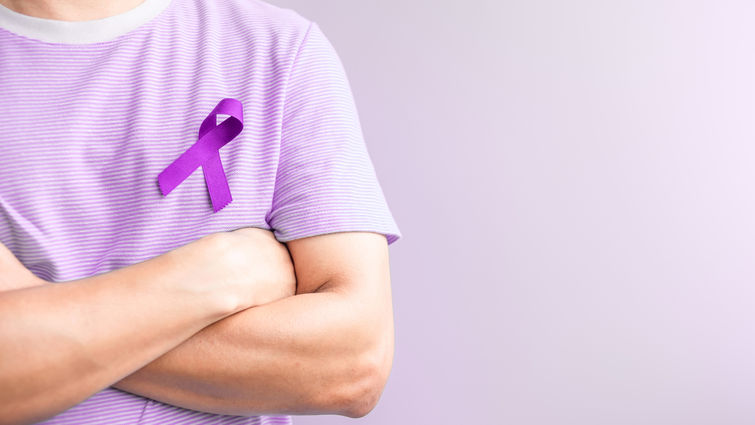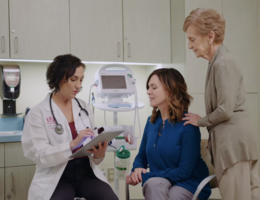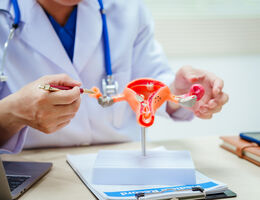

About half of testicular cancers occur in men between the ages of 20 and 34, according to the American Cancer Society. The fact that testicular cancer affects many men between puberty and older adulthood sets it apart from other cancers mostly occurring in older adults, says Herbert Ruckle, MD, FACS, chair of Loma Linda University Health’s Urology Department.
Therefore, Ruckle says it is essential for young men and the women in their lives to familiarize themselves with the disease’s signs, symptoms, and detection. April’s Testicular Cancer Awareness Month presents a timely opportunity to understand how to best protect oneself or loved ones from the disease.
The good news is that testicular cancer is not common, says Ruckle; the American Cancer Society estimates 1 out of every 250 males will develop testicular cancer at some point during their lifetime.
Additionally, Ruckle says the medical community’s strides in treatment advances transformed testicular cancer into one of the most curable cancers. Ongoing research is continually revealing new ways to improve treatment and reduce toxicity for patients, Ruckle says. For instance, he says LLU urologist Brian Hu, MD, recently served as senior author in the publication of a practice-shifting study, finding that surgery can serve as a viable treatment to replace standardly used chemotherapy for patients with early metastatic seminoma, the most common type of testicular cancer.
But testicular cancer can only be curable if caught in the first place. "The repercussions can be serious, even lethal, if men miss the signs of testicular cancer or don’t follow up with a doctor,” Ruckle says.
The most common sign of early testicular cancer is a testicular mass — a lump inside the testicle that is firmer to the touch than the rest of the testicle. Ruckle says self-examinations are central for young men to be able to detect anything unusual; they should begin practicing monthly testicular self-exams around puberty and continue for the rest of their lives.
"Out of fear or denial, some men tend to ignore something they suspect is abnormal," Ruckle says. "But the abnormality usually doesn’t just go away. So it's best to act quickly upon that feeling that something is off rather than waiting for the situation to develop further.”
Ruckle says feeling a lump or swelling around the testicles does not necessarily confirm testicular cancer — it usually isn't. Instead, lumps or swelling could indicate non-cancerous conditions like the enlargement of the epididymis, a funnel for the sperm that connects to the testicle, or excess fluid collection around the testicle called a hydrocele.
“The main thing to know is that any testicular mass is abnormal,” Ruckle says. “Though it’s usually not testicular cancer, it’s best to go to a doctor who can investigate and guide you through the next steps.”
Risk factors for testicular health and cancers include HIV infection, undescended testicles, white race, and a family history of the disease. Yet Ruckle says most boys and men with testicular cancer have no known risk factors. Additionally, since many risk factors for testicular cancer cannot be modified, Ruckle says it is challenging to pinpoint proven preventative measures. Instead, he says performing regular self-checks and remaining vigilant of physical changes remains the best way for young men to safeguard themselves from testicular cancer.
After finding something suspicious or unusual from a self-examination, Ruckle strongly advises bringing it up to a doctor, who will further investigate by performing a physical exam and ultrasound. Then, care teams will guide the following steps and discuss treatment options based on the outcomes.
“Know your body, know what's normal, and periodically, check that it's normal,” Ruckle says. “If it’s not, talk to a medical professional.”
Talk with your healthcare provider if you have questions about testicular cancer. To learn more about the variety of resources and support Loma Linda University Cancer Center offers patients and their loved ones, visit lluh.org/cancer-center or call 800-782-2623.


